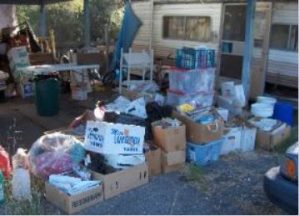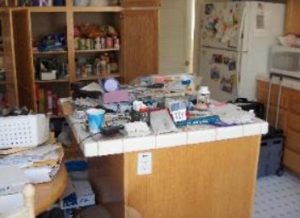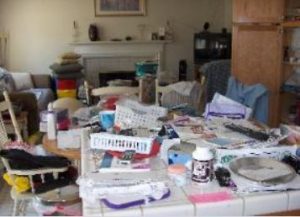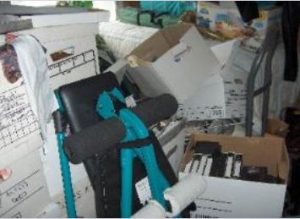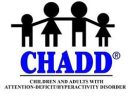
Chronic Disorganization
Change affects us in so many different ways – physically, emotionally and mentally. Medical issues, divorce, family, death of a loved one, work and other challenges can bring life to a standstill but unfortunately mail, bills, paper, phone calls and other items continue to pile up.
What’s important in your life?
It’s the people you hold in your heart – your family and friends… not all the stuff. You can change… today is a new day and a new beginning.
Chronic Disorganization (CD)
Has disorganization been a factor in your life for many years?
Does the level of disorganization interfere with the quality of your daily life?
Has disorganization persisted despite self-help attempts?
Do you accumulate possessions beyond apparent usefulness or pleasure?
Professional Organizers specializing in Chronic Disorganization can help you succeed where self-help falls short, while saving you countless hours of effort trying to discover the most effective solutions for yourself(1).
Hoarding
Hoarding is defined as “the acquisition of, and inability to discard worthless items even though they appear (to others) to have no value.”(2)
Most commonly hoarded items: Newspapers, magazines, bags, books, mail, notes & lists, storage containers/boxes, old clothes and memorabilia. (2)
One of the most confusing diagnostic questions is whether hoarding is part of OCD or obsessive-compulsive personality disorder (OCPD).
Obsessive Compulsive Disorder (OCD)
People with obsessive-compulsive diso unwanted thoughts (obsessions) or rituals (compulsions), which they feel they cannot control. Rituals such as hand washing, counting, checking, or cleaning are often performed in hope of preventing obsessive thoughts or making them go away.
Performing these rituals, however, provides only temporary relief, and not performing them markedly increases anxiety. Left untreated, obsessions and the need to perform rituals can take over a person’s life. OCD is often a chronic, relapsing illness.
Appropriate diagnosis and treatment of other disorders are important to successful treatment of OCD.
Consult a professional health care provider trained in this area.
Compulsive Shopping
What behaviors indicate compulsive shopping and spending?
Do you shop to feel better?
Do you have packages unopened from online shopping networks?
Compulsive shopping and spending is described as a pattern of chronic, repetitive purchasing that becomes difficult to stop and ultimately results in harmful consequences. It’s time to take action to deal with compulsive shopping or spending.
References:
(1) Institute for Challenging Disorganization (ICD)
(2) Frost & Gross, 1993
Disclaimer: The information within this website is intended as reference materials only and not as medical advice. Information contained herein is intended to give you the tools to make informed decisions about your organizing lifestyle. This website does not provide specific medical advice and does not endorse any medical or professional service. If you need specific advice (for example, medical, legal, financial, or risk management) please seek a professional who is licensed or knowledgeable in that area.
Challenges are what make life interesting; overcoming them is what makes life meaningful.
~Joshua J. Marine
When Clutter Gets Critical
